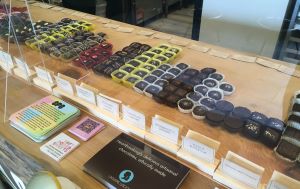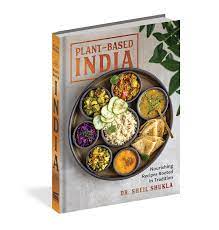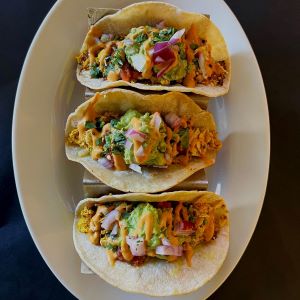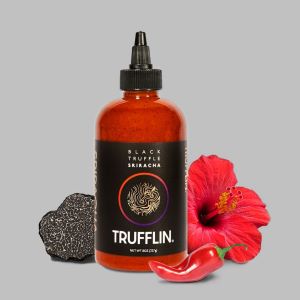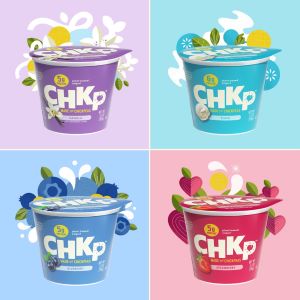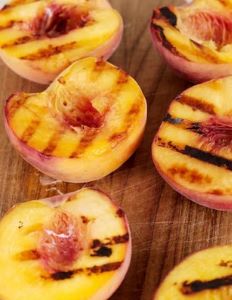Posted on
June 20, 2023 by
The VRG Blog Editor
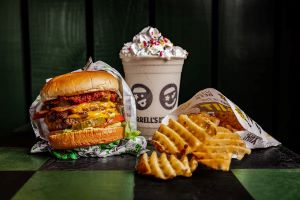
photo from Jerrell’s Betr Brgr
The Vegetarian Resource Group maintains an online Guide to Vegan/Vegetarian Restaurants in the USA and Canada. Here are some recent vegan restaurant additions. The entire guide can be found here: http://www.vrg.org/restaurant/index.php
To support the updating of this online restaurant guide, please donate at: www.vrg.org/donate
Here are some new additions to VRG’s guide:
Cinnaholic, 7851 Alexander Prom Pl., Ste. 120, Raleigh, NC 27617
Cinnaholic offers over 30 flavors of gourmet cinnamon rolls — and they are all vegan! Some include Almond, Blackberry, Butterscotch, Caramel, Cream Soda, Key Lime, Root Beer, & Pomegranate. Toppings range from Cookie Dough Chunks to Shredded Coconut and everything in between. They offer other sweet treats including cookies, brownies, muffins, specialty pie rolls, and baby buns (mini cinnamon rolls). If your sweet tooth has still not been sated, have a Frosting Shot!
Jerrell’s Betr Brgr, 3234 Washington St., Hoboken, NJ 07030
Enjoy burgers, loaded waffle fires, hearty chili bowl, oat shakes, soft serve, and more.
PLANTA Cocina, 4625 Admiralty Way Suite 104, Marina Del Rey, CA 90292
Enjoy dining on a wide variety of sushi, as well as chilled/raw items such as Avocado Lime Tartare, Hearts of Palm Slaw, and Coconut Ceviche. Also try other dishes including Crispy Goyoza, Ahi Watermelon Tacos, and Croquetas. Some of the dessert items include Tres Leches, Chocolate Brownie, and Horchata Sundae. Reservations accepted.
The Flour Shoppe, 619 Baxter Ave., Louisville, KY 40204
A home of quintessential baked confections in Louisville, offers an abundance of sweet treats like cakes, cupcakes, pastries, cookies, and pudding dirt cups. Some popular items include the lemon blueberry donut, the cinnamon roll, and the pop tart. The interior has a retro, 1970’s look and feel.
The Slutty Vegan, 2707 Main St. #A, Dallas, TX 75226
The Slutty Vegan serves creative vegan burgers and hot sandwiches, along with sides and dessert.
Vegan Club Restaurant + Bar, 126 10th St. NW, Calgary, AB, Canada T2N 1V3
An enticing all-vegan restaurant with a varied assortment of sandwiches, burgers, wraps, hot bowls, and other menu choices. Be sure to try the Chicken Caprese Sandwich, Fish and Chips, VC Special Poutine, and VC Special Noodles. The Caprese sandwich has a very tasty pretzel bun and delicious seasoning, while the poutine is delightful with gravy and chicken bits that are on point. Additionally, the noodles are satisfying and include many vegetables. There is a children’s section on the menu.
